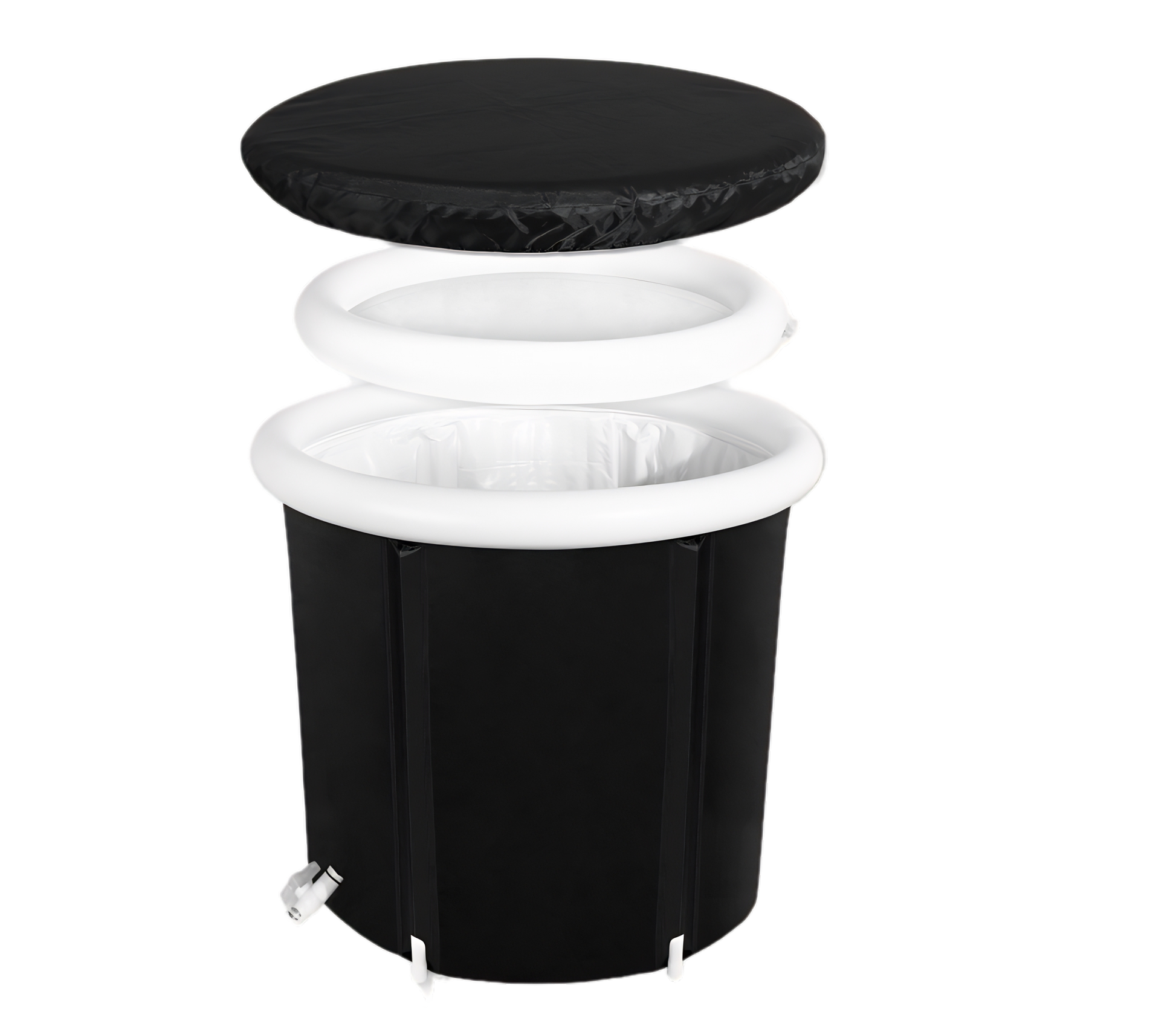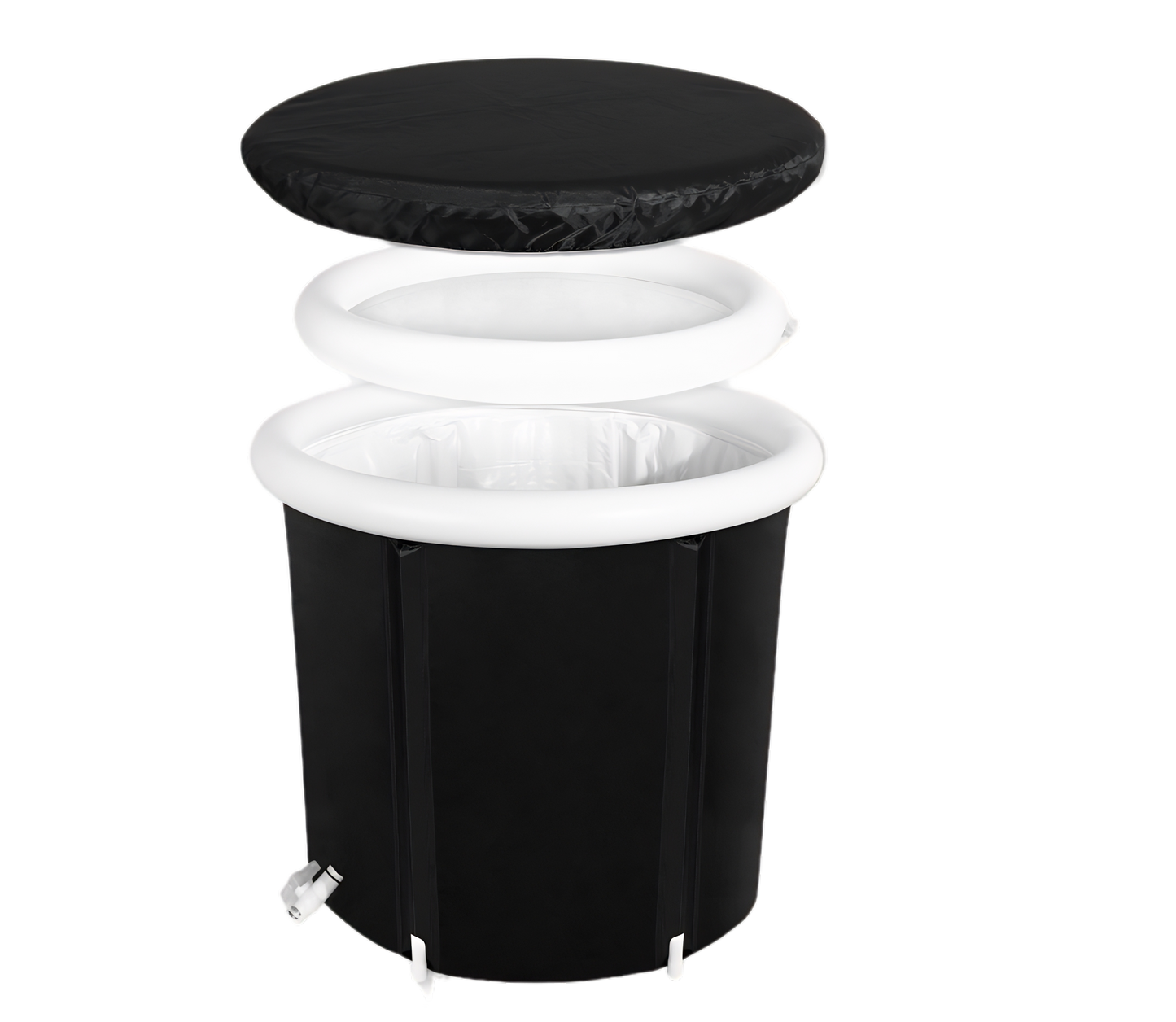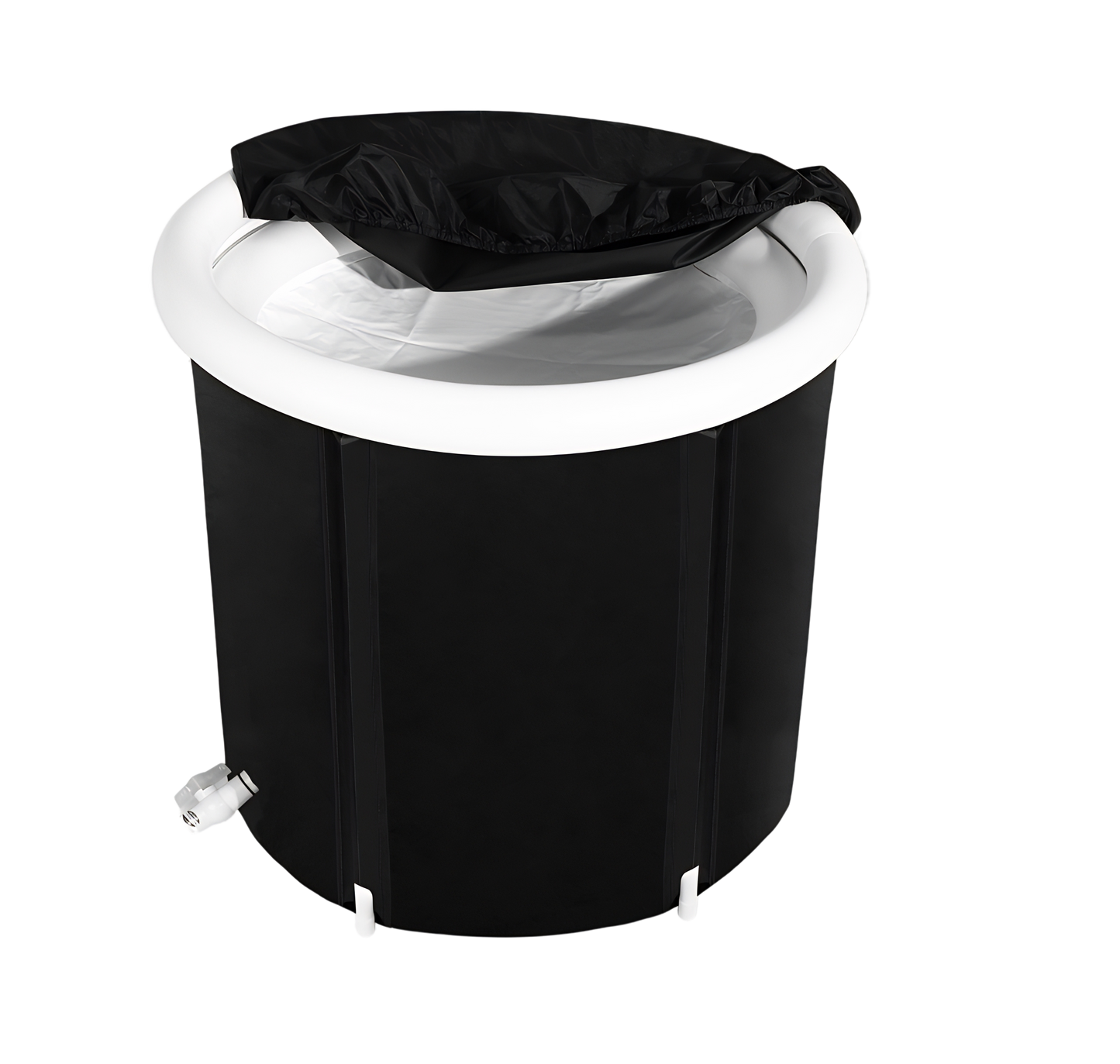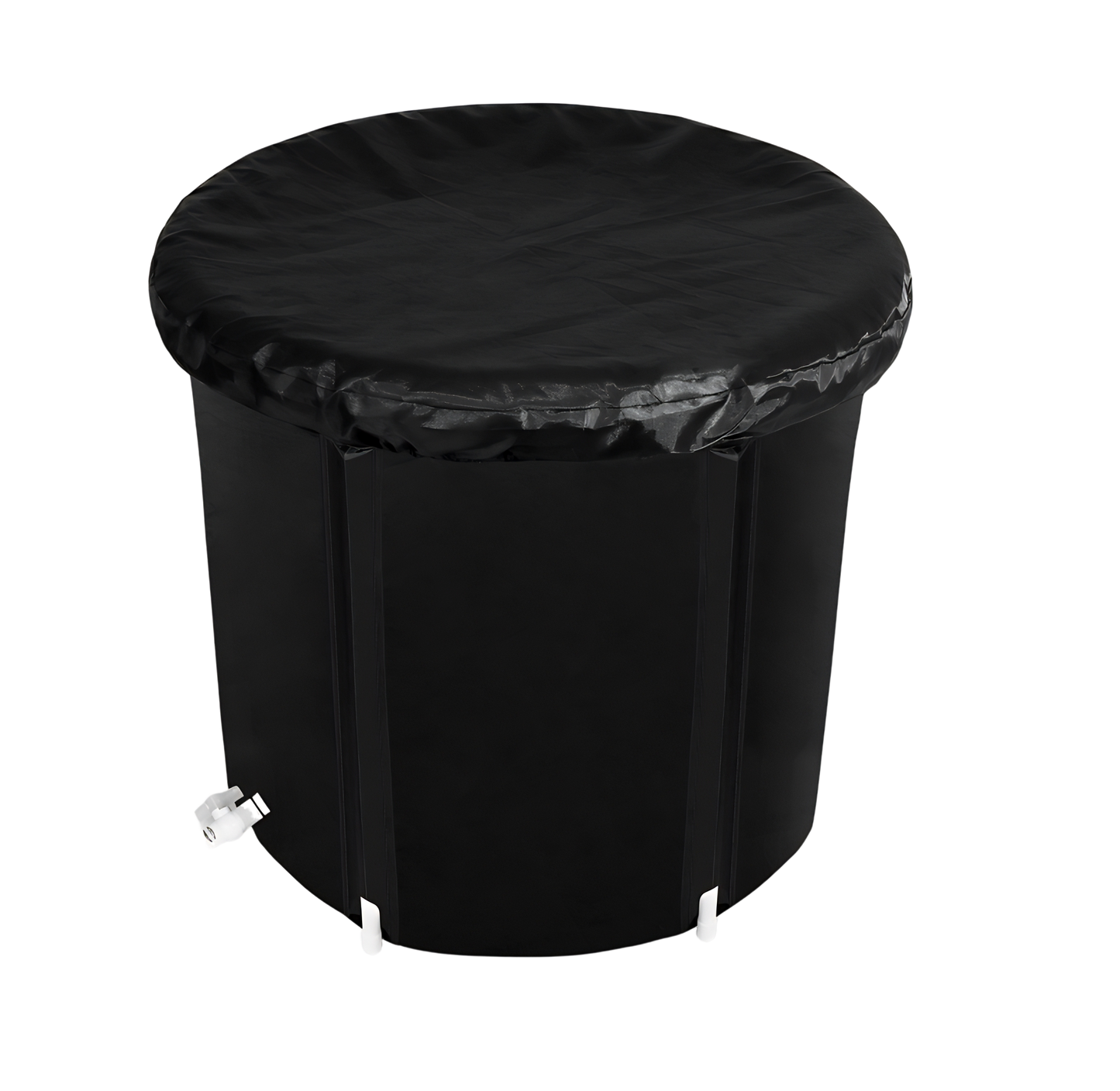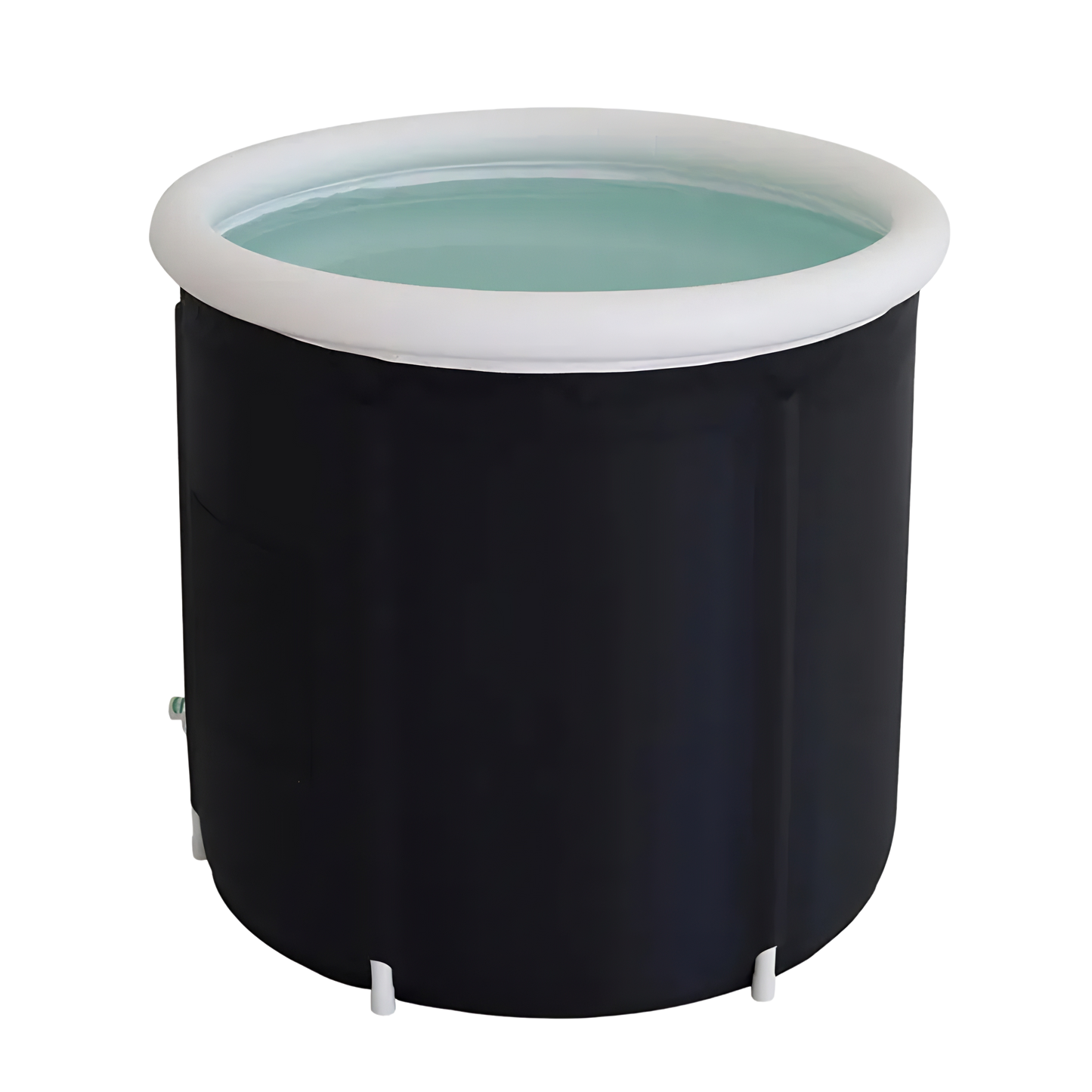For centuries, cultures around the world, including the Greeks, Romans, Japanese, and Scandinavians, have incorporated ice baths and cold water therapy into their daily lives for various reasons. The ancient Greeks and Romans used cold water immersion for both medical and religious purposes, believing in its healing and purifying properties. Japanese samurai warriors practiced cold water immersion to relieve muscle fatigue and build mental fortitude. Scandinavians, including the Vikings, saw ice baths as a way to become stronger and more resilient. Other cultures, such as the ancient Egyptians, Chinese, and Russians, also utilized cold water therapy for health and wellness. The historical practices of ice baths highlight the cultural significance and widespread recognition of the benefits of cold water immersion.
Key Takeaways:
- The cultural significance of ice baths spans across various civilizations including the Greeks, Romans, Japanese, and Scandinavians.
- Ancient cultures utilized ice baths for both medical and religious purposes.
- Ice baths were seen as a way to promote physical strength, mental fortitude, and overall well-being.
- Cold water therapy was recognized for its healing, purifying, and therapeutic properties.
- Cold water immersion continues to be valued for its health and wellness benefits in modern times.
Ice Baths in Medicine and Healing: A Cool Dip into Ancient Wellness

Throughout history, ice baths have played a significant role in medicine and healing. Ancient civilizations, such as Greece and Rome, recognized the therapeutic properties of cold water immersion and utilized it in medical practices. Renowned physicians like Hippocrates prescribed ice baths to treat various ailments, including fever, inflammation, and mental health issues. These historical practices highlight the enduring importance and efficacy of ice baths as a form of therapy.
The therapeutic properties of ice baths are well-documented. They have been shown to reduce inflammation, improve circulation, and aid in muscle recovery. Cold water immersion is believed to have positive effects on mental health as well, promoting relaxation and overall well-being. The ancient Greeks and Romans understood these benefits and incorporated ice baths into their medical treatments, further validating their effectiveness.
Ice baths have been used for centuries in medicine and healing practices, and their benefits extend beyond physical recovery. The cold water immersion can have a calming effect on the mind, reducing stress and anxiety. It is truly a holistic approach to wellness.
Modern research continues to support the therapeutic properties of ice baths. Studies have shown that cold water immersion can reduce muscle soreness and inflammation after intense exercise, enhancing recovery time. The physical and mental benefits of ice baths make it a valuable tool not only in medicine but also in overall health and well-being.
Ancient Civilizations' Use of Ice Baths
The utilization of ice baths in ancient civilizations goes beyond medical practices. It is fascinating to explore the cultural significance of ice baths in these societies. The Greeks, Romans, and other cultures recognized the importance of cold water immersion for physical and mental well-being. These practices have stood the test of time, highlighting the enduring relevance of ice baths in human history.
| Ancient Civilization | Use of Ice Baths |
|---|---|
| Greece | Prescribed by physicians for medical treatments |
| Rome | Used for medical purposes and believed to have purifying properties |
| Japan | Practiced by samurai warriors for muscle fatigue relief and mental fortitude |
| Scandinavia | Embraced ice baths as a way to become stronger and resilient |
These ancient civilizations understood the therapeutic properties of ice baths and incorporated them into their daily lives. From healing and recovery to mental fortitude and physical strength, ice baths have played a vital role in human well-being throughout history.
Ice Baths and Physical Performance

Ice baths have long been utilized by athletes and individuals seeking to optimize their physical performance. Throughout history, cultures such as the Greeks, Romans, and Japanese recognized the benefits of ice baths for aiding in recovery after physical exertion. These ancient practices, rooted in the belief that ice baths relieve muscle soreness and improve recovery time, demonstrate the enduring effectiveness of cold water immersion.
Scandinavian traditions, such as ice swimming and post-sauna cold dips, have also held a historical significance in promoting physical well-being. For centuries, Scandinavians have embraced these practices to enhance strength and resilience. The combination of heat and cold is believed to stimulate blood flow, reduce inflammation, and improve overall performance.
Modern research has further supported the benefits of ice baths for physical performance. Studies show that cold water immersion can significantly reduce muscle inflammation, promoting faster healing and recovery. Additionally, ice baths can enhance blood flow, which aids in flushing out metabolic waste products and supplying oxygen and nutrients to muscles. These physiological effects ultimately contribute to improved athletic recovery and performance.
The historical practices of ice baths in relation to physical performance highlight their enduring use and effectiveness in optimizing athletic training. By incorporating ice baths into their routines, athletes and individuals can harness the power of this ancient therapeutic technique to enhance their physical well-being and reach new performance heights.
FAQ
What is the cultural significance of ice baths in history?
Ice baths have been used for centuries by various cultures, including the Greeks, Romans, Japanese, and Scandinavians. These cultures recognized the benefits of cold water immersion for medical, religious, and physical reasons.
How were ice baths used in medicine and healing?
In ancient civilizations like Greece and Rome, physicians prescribed cold water immersion for treating fever, inflammation, and mental health issues. The therapeutic properties of ice baths, such as reducing inflammation and improving circulation, have been recognized for centuries.
What are the benefits of ice baths for physical performance?
Ice baths have been used throughout history to aid in muscle recovery and relieve muscle soreness. They have been practiced by athletes and individuals seeking to enhance physical performance. Research supports the benefits of ice baths for reducing muscle inflammation, promoting blood flow, and aiding in recovery after intense exercise.

